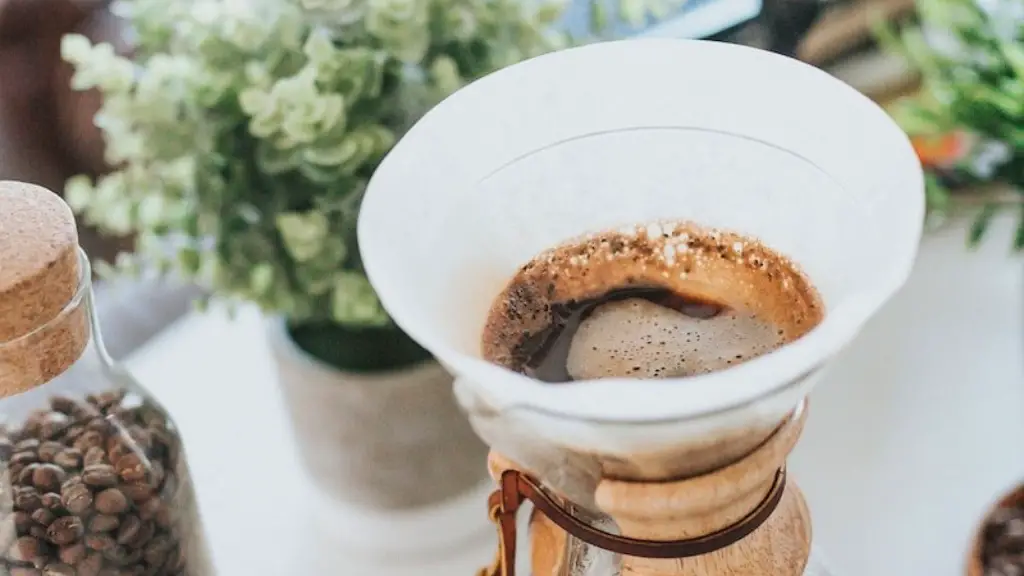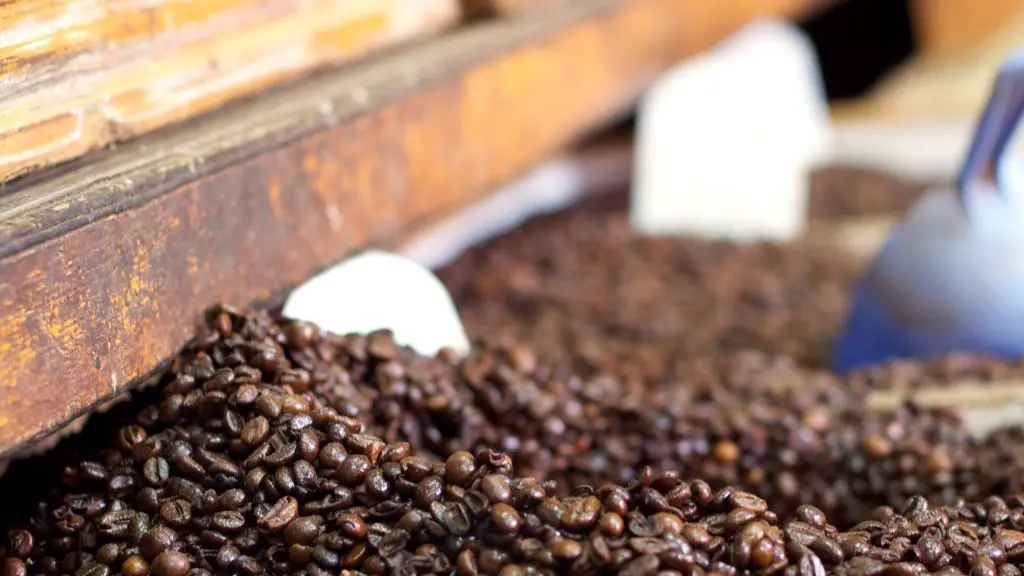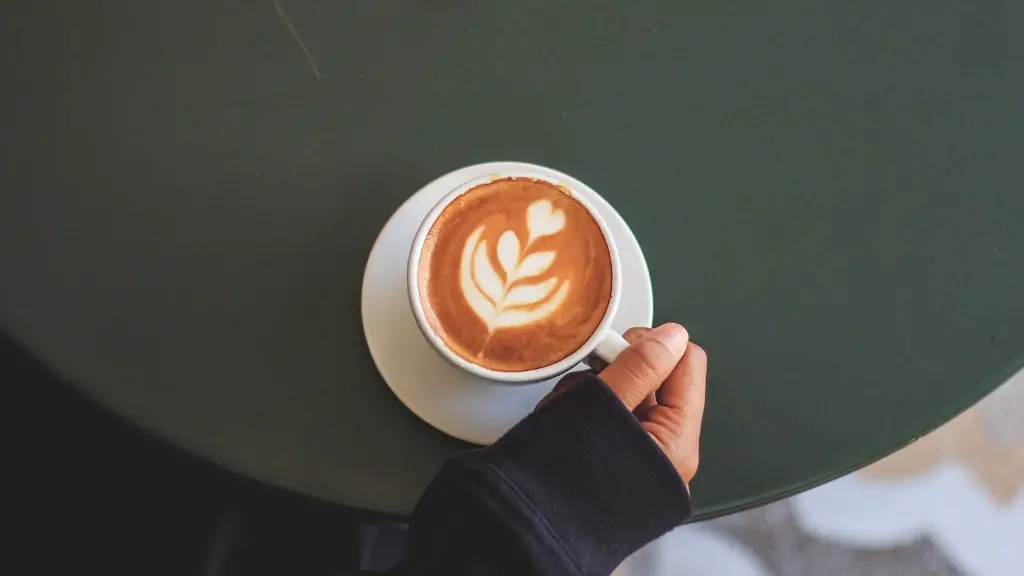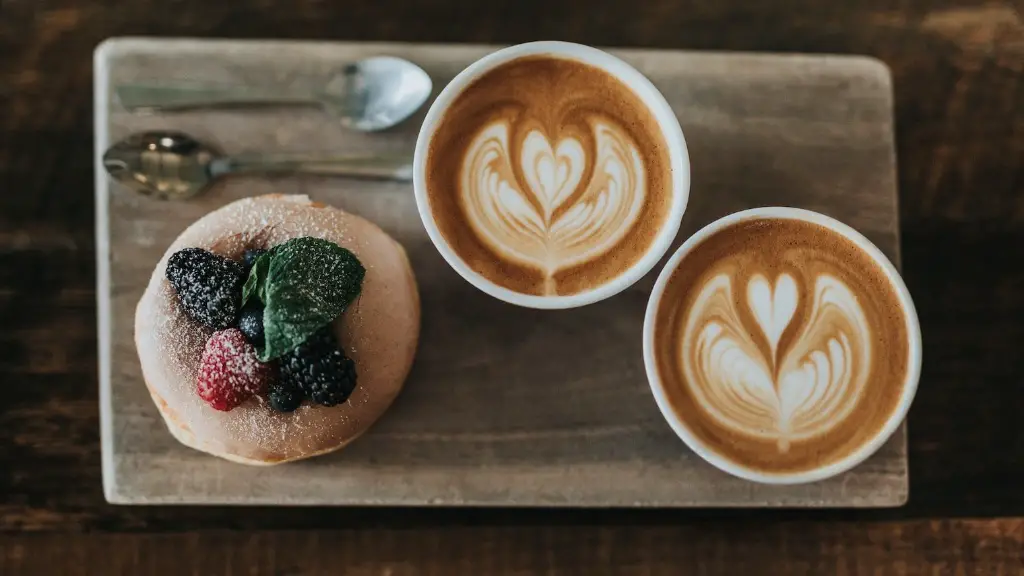When faced with the decision between taking a nap or drinking coffee, one must consider their current energy level, their energy requirements for their current and upcoming tasks, and the length of time remaining until those tasks must be completed.
In general, napping and drinking coffee have their own unique benefits and drawbacks. Naps have been proven to improve emotional regulation, increase alertness, and help us stay awake and focused beyond what coffee alone can provide.
Coffee, on the other hand, can be beneficial to more quickly energize the body. According to Charlene Gamaldo, Medical Director of Johns Hopkins Center for Sleep at Howard County General Hospital, coffee stimulates the brain’s alertness, though she warns “habitual coffee drinkers can become dependent [on the drug], leading to insomnia”.
The timing of one’s nap or coffee may also play a role. While naps during the day may help refresh an individual during the afternoon, napping late in the day can have a negative effect on sleep quality, leading to an imbalance in hormones and brain activity.
Drinking coffee too late in the day, too, may disrupt sleep as caffeine can take up to 8 hours to clear from the body. For this reason, the National Sleep Foundation recommends caffeinated drinks be consumed early in the day or no later than 2 pm.
The best approach for someone looking for a quick energy boost may be to drink a cup of coffee and then take a 15-30 minute nap. A study conducted in 2010 found that taking a nap following an intake of caffeine resulted in an improvement of cognitive performance and alertness, potentially making this the best option.
The key to deciding whether to nap or drink coffee is understanding the context. Naps can help with alertness, while coffee can help us more quickly energize the body, but both need to be done within an appropriate timeframe. Taking the time to assess personal energy levels, future tasks, and the time left to complete them will offer further insight into which decision may be best.
Sleeping Duration
The duration for which one sleeps can also be a deciding factor in the ‘nap or coffee’ debate. Although some types of sleep such as deep sleep or rapid eye movement (REM) sleep can occur in 30 minutes or less, most types of sleep require a longer duration in order to experience the full restorative benefits such as improved memory.
The National Sleep Foundation has identified the ideal nap length as being between 10-20 minutes with the maximum suggested length being 30 minutes. Opting for the shorter duration of 10-20 minutes is recommended to reap the cognitive and emotional benefits of the nap without falling into deeper states of sleep which may disrupt nighttime rest.
By keeping naps short and sweet, individuals can obtain alertness levels equal to or greater than ingesting coffee, and may also avoid any potential consequences such as experiencing sleep inertia, or a ‘sleep hangover’. A sleep hangover includes feeling groggy and disoriented for up to a few hours after waking, which can be disruptive to daily activities.
On the other hand, drinking one or two cups of coffee may require an hour or more before feeling the effects. While this wait time may be beneficial for some, it may be better suited for those with more time available before they will need to be alert.
Coffee Alternatives
For those looking for an alternative to coffee, certain foods such as goji berries, green tea, yogurt and dark chocolate may do the trick. Goji berries contain a range of vitamins, minerals, and key antioxidants, while green tea contains caffeine as well as l-theanine, an amino acid thought to reduce anxiety and stress.
Yogurt is an excellent source of protein, an important nutrient for energy production and brain activity. And, although dark chocolate is mostly known for its high antioxidant content, it contains caffeine as well as stimulants like theobromine.
Nevertheless, the effects of food for energy are not comparable to those of coffee and naps, it may be part of a larger strategy to combat fatigue during the day. For example, an individual might eat one or two of these energizing foods in the morning followed by drinking a cup of coffee in the afternoon and then taking a 10-minute power nap in the evening.
Furthermore, the impact that certain foods have on mood and alertness can not be underestimated. Eating energizing foods may delight the senses, thus stimulating the reward system and prompting an increase in cognitive performance and alertness.
The Long-Term Impact
Individuals should also consider the long-term impact of drinking coffee or sleeping when looking to quickly increase alertness. Doing both repeatedly over relatively short periods of time (such as a few weeks or months) may yield positive results in terms of energy and needed alertness.
For the sake of long-term health and well-being, however, it is important to create and stick to a consistent sleeping schedule and limit the amount of coffee consumed on a daily basis. Too much coffee may lead to elevated stress and anxiety levels, which could have larger consequences for overall health and wellness.
To assess and control the impacts of coffee and napping on mental and physical health, individuals may consider keeping a sleep journal. This would involve documenting when they wake, when they fall asleep, when they consume caffeine, and how they feel throughout the day.
Keeping track of sleep and caffeine habits, as well as the sensations experienced throughout the day can offer an individual clarity into the benefits and drawbacks of their decision to nap or drink coffee. For example, if they consistently drink coffee but still feel groggy, they may decide that cutting back is necessary.
Balance and Moderation
Both coffee and sleep are essential components to a healthy life and should not be sacrificed without thoughtful consideration. Having an understanding of the energy a body needs, the role sleep plays in providing that energy, and the impact of caffeine on the brain are all important factors to take into consideration.
Based on the context and their own energy requirements, an individual can make an informed decision as to whether they should nap or drink coffee to find a healthy balance between alertness and rest. Nevertheless, too much or too little of either may lead to adverse effects and appropriately moderating both is key.
Mindful Consumption
In conclusion, mindful consumption of both coffee and naps is essential for those looking to quickly increase alertness. Having a good understanding of the amount of energy required for the tasks at hand and the amount of caffeine that would be necessary to produce that level of alertness are both important.
Furthermore, napping and drinking coffee should be done within the appropriate timeframe in order to maximize the benefits and minimize the potential downsides. Earning which duration is best for the energy boost needed and moderating consumption should be a priority.
Focus and Pleasantness
In addition to keeping track of caffeine and sleep habits, individuals may consider cultivating a sense of focus and pleasantness. Doing things to make work or study more enjoyable, such as playing music, looking out of a window, or using aromatherapy may help to inspire motivation and facilitate productivity.
Moreover, turning tedious tasks into games may help to break up the monotony of daily activities. For example, one might create a system of rewards in which a certain amount of work completed would grant them a 5-minute break or a few minutes of watching a movie.
Not only can pleasantness help to make work and study a more delightful experience, but it may also be a good method for channeling energy into tasks that require alertness.
Healthy Habits and Planning
Finally, developing healthy habits and a good plan of attack for tasks is paramount for those trying to increase alertness. An individual might consider taking regular breaks throughout the day instead of working for hours and hours at a time.
Not only can taking regular breaks provide a sense of relief, but they may also serve to break up tasks into more manageable chunks, allowing an individual to be more productive and alert throughout the day.
Furthermore, an individual may place important tasks early in the day and schedule manageable, low priority tasks for later as fatigue is likely to set in. This way, any potential impacts of fatigue may be limited and the important tasks can be completed with the best possible results.
By maintaining a balance between rest, coffee and pleasantness, an individual can maintain their alertness and be productive throughout their day.





